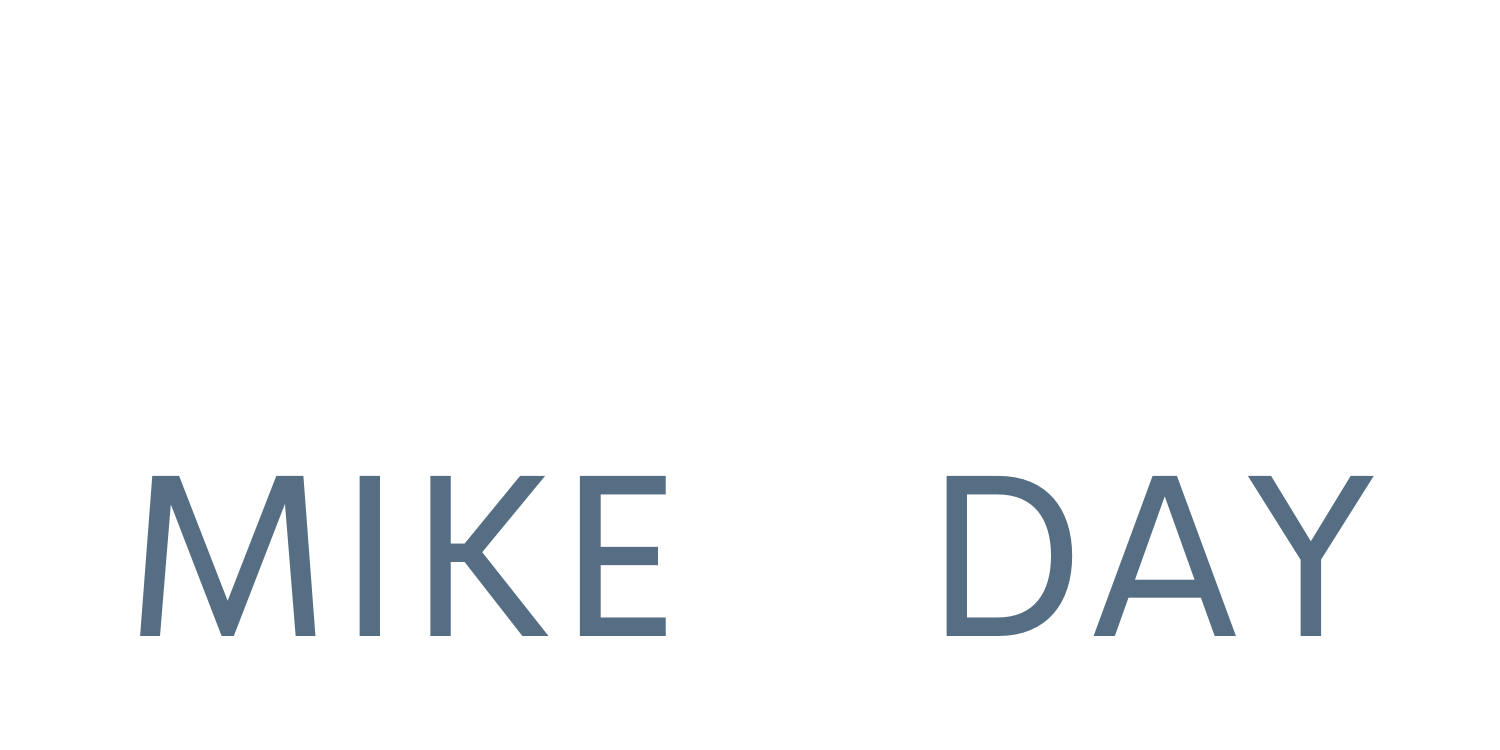Peacemaker
Did you know that Monday, September 21st was the International Day of Peace?
I didn’t realize every year September 21st is set aside as the International Day of Peace. This past Monday, September 21st, I was invited to give the prayer at a Peace and Unity meeting of Georgia Rotarians in Lawrenceville.
As I prepared to give this prayer, I reflected on the current happenings in our country: Covid-19, protest, riots, marches, people yelling, property destroyed, people killed.
Added to that, here we are in the midst of an election year where campaigning attempts to demean and destroy the opposing candidate, usually with deceptive advertisements.
I thought about the Church, those who define themselves as followers of Christ. With Christians voicing support for different candidates, I’m seeing us act more like the unchurched rather than as brothers and sisters in the same eternal family.
As I thought about peace, I was drawn to the words of Jesus in his sermon on the Mount recorded in Matthew’s gospel: “Blessed are the peacemakers, for they shall be called sons and daughters of God.”
Jesus didn’t say blessed are the peacekeepers. He purposely used peacemaker, a word that brings together the word peace and the action word to make or to do. A peacemaker is one who is actively engaging in the world to bring about peace where there is discord, divisiveness, and discrimination.
At that point, I realized throughout most of my ministry I have seen the church take the role of peacekeeper rather than peacemaker. As a peacekeeper, we want calm, no rocking the boat, no getting folks upset. We strive to maintain the status quo and typically the status quo benefits us.
Rare was it that we talked or listened to anyone who might have a differing opinion. In fact, we would rather label a differing opinion as heretical, unchristian and quickly break away rather than listen and learn.
As I look back on Jesus’ ministry of peacemaking, he was actively challenging people, confronting sin, breaking religious and cultural norms, and inviting in those who had spent their lives as outsiders. The religious people who were much more intent on peacekeeping, had a problem with Jesus because he was constantly disrupting their status quo, their business as usual.
What I love about Jesus was his willingness to have conversations with folks who were on differing sides of an issue. He was accused by the religious folks of hanging out too much with sinners, but we also see him having dinner in the home of a pharisee and carrying on a caring conversation with Nicodemus, a religious leader and member of the Sanhedrin.
Jesus didn’t say blessed is the one who sits peacefully.
Neither did he say blessed is the one who only prays for peace.
He said blessed is the peacemaker.
To be a peacemaker doesn’t mean you put away your viewpoint or opinion. It means that your main concern is to bridge the chasm that our sin, pride and selfishness has created. Like Jesus, you challenge the norms, you speak honestly about the injustice and oppression you see. Yet you respect every person because you are motivated by agape love.
As a peacemaker, you have skin and heart in the game. But know you will be criticized and probably ostracized.
And finally, as we look to Jesus, the ideal peacemaker, we see that he was willing to give his time, energy, and even his life to speak and act for the least of these and ultimately reconcile people to God for a lasting peace.
Yes, what the world needs today is more than just peacekeepers, we need peacemakers.
